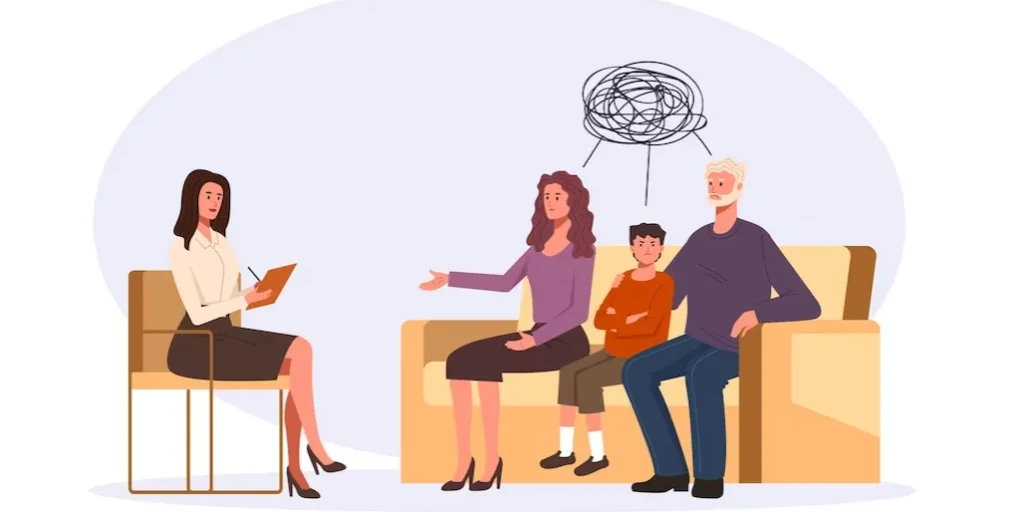24/7 Helpline:
(866) 899-221924/7 Helpline:
(866) 899-2219
Learn more about Medication-assisted Treatment centers in Chandler
Medication-assisted Treatment in Other Cities

Other Insurance Options

Health Net

Health Choice

BlueShield

State Farm

EmblemHealth

WellPoint

Choice Care Network

Excellus

Optima

Ambetter

Access to Recovery (ATR) Voucher

Lucent

MVP Healthcare

Medical Mutual of Ohio

Sliding scale payment assistance

Regence

Anthem

Absolute Total Care

Health Partners

Kaiser Permanente




























